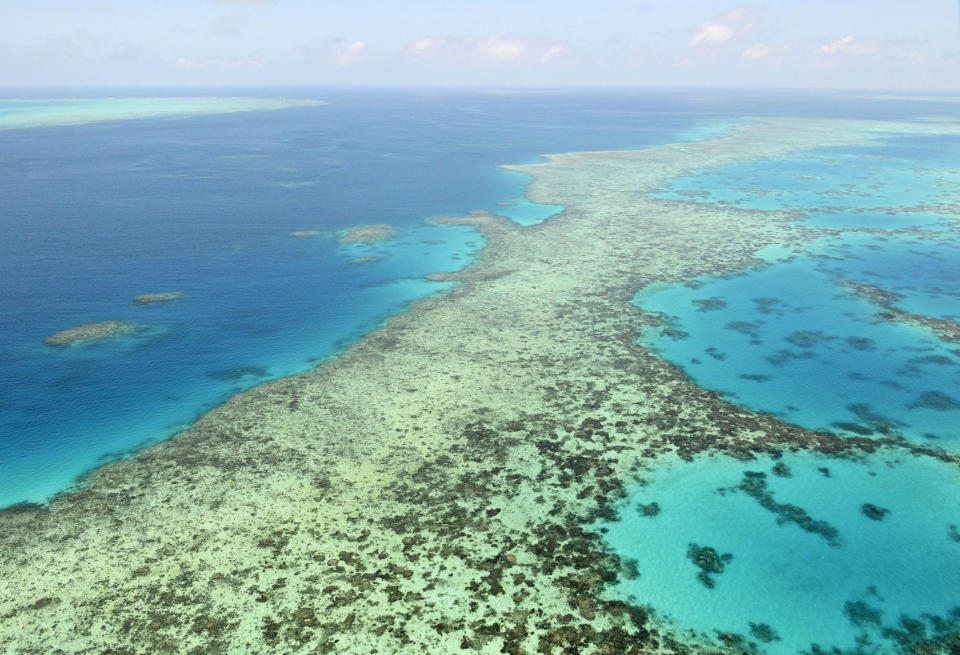'Major problems': David Attenborough slams Australia over climate change
Sir David Attenborough has criticised Australia’s politicians for dismissing climate change.
The renowned documentary maker and conservationist was asked by UK Parliament whether people responding to climate change were “over-panicking”.
Attenborough told parliament both sides of the argument need to be heard in public.
However, he added in Australia there are “people in power” who do not believe in climate change.
“Both Australia and America - those voices are clearly heard,” he said.
“One hopes the electorate will respond to those.”
Attenborough added it’s “extraordinary” because Australia “is already having to deal with some of the extreme manifestations of climate change”.

In the electorate of Warringah, on Sydney’s northern beaches, former prime minister Tony Abbott lost his seat to independent Zali Steggall who said she won due to her policy on climate change.
Attenborough was also asked about “the most striking impact” of climate change he’s personally witnessed to which he replied the most “vivid” was present at “the Great Barrier Reef”.
The 93-year-old said he first went to the reef in the 1950s but visited again about 10 years ago.

“Instead of a multitude of wonderful forms of life it was stark white,” he said.
“It was bleached white because of the rising temperatures and increasing acidity of the sea.”
Attenborough told parliament countries “cannot be radical enough” in their approach to climate change citing “major problems” in the next 20-30 years.
In June, Prime Minister Scott Morrison said he demonstrated commitment to the coalition's emissions reduction goal - a 26 per cent reduction on 2005 levels by 2030 - by mapping out how it will occur.
"We must continue to take action on climate change, and will, but I think Australians will know we will keep a healthy balance in how we go about that," he told reporters.

Mr Morrison said the election campaign wasn't a vote on either taking, or not taking action.
"Both sides of politics put forward plans to take action on climate change," he said.
"Those who think it was a repudiation of that, I think, have misread what occurred at that election."
Mr Morrison said he would work with the states and territories on how they can help the Government achieve the goal.
But he says states and territories with more ambitious climate targets should have clear policies and mechanisms to achieve them.

"All I know is that when any target is set that is not responsible and there are not clear policies and mechanisms that achieves it, all it tends to do is crush business and investment confidence and cost jobs," he said.
"So I think we should all be working together to create jobs, not cost them. And the (federal) government sets our overall emissions reduction targets."
Western Australia is currently developing its own climate change policy which will be revealed towards the end of the year.
NSW, Victoria and Queensland are aiming for net zero emissions by 2050, which the ACT is hoping to achieve by 2045 at the latest.
Tasmania and South Australia have a greenhouse gas emissions reduction goal of 60 per cent below 1990 levels by 2050.
The Northern Territory does not have its own emissions reduction target. –
– with AAP
Do you have a story tip? Email: newsroomau@yahoonews.com.
You can also follow us on Facebook, download the Yahoo News app from iTunes or Google Play and stay up to date with the latest news with Yahoo’s daily newsletter. Sign up here.


